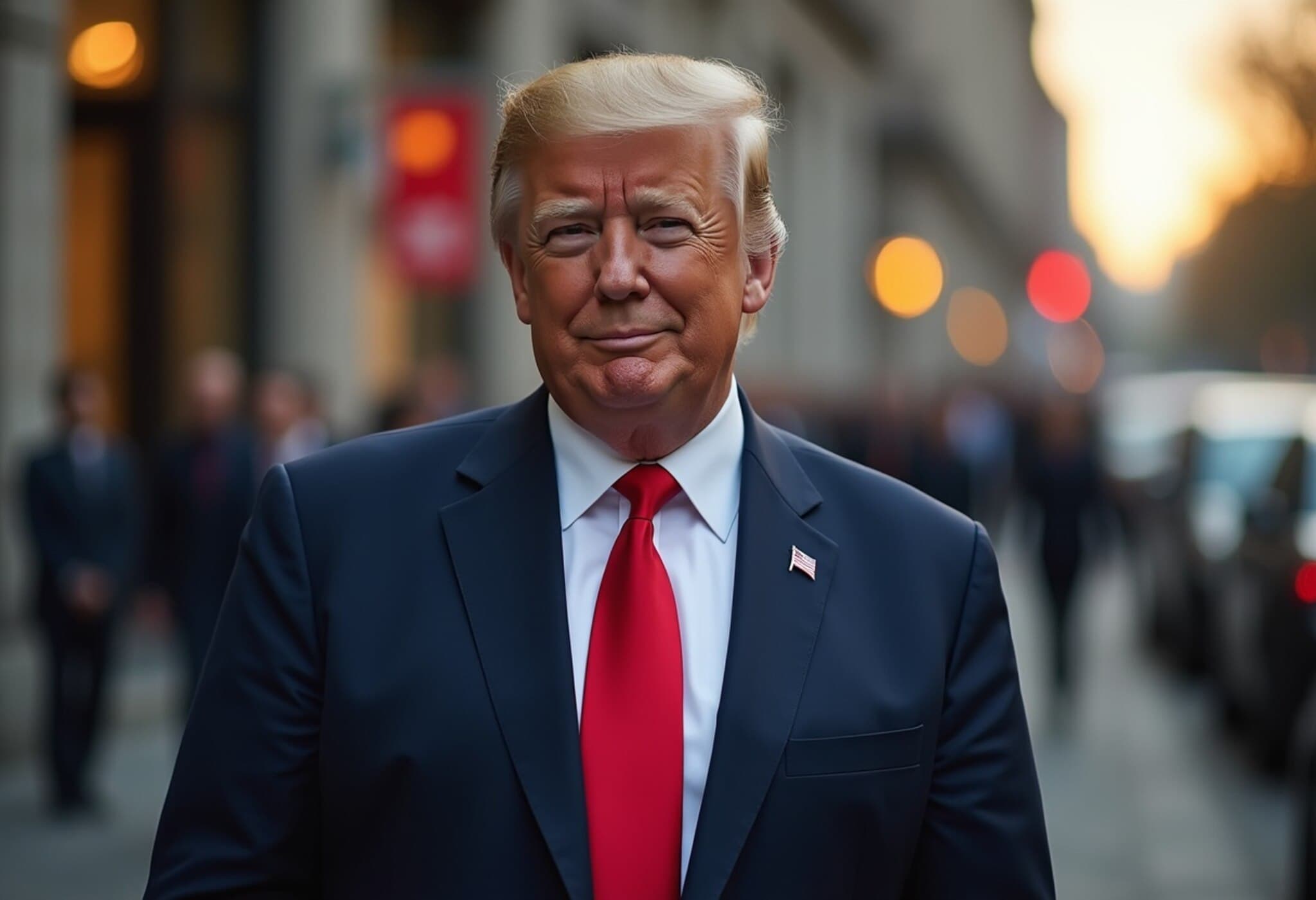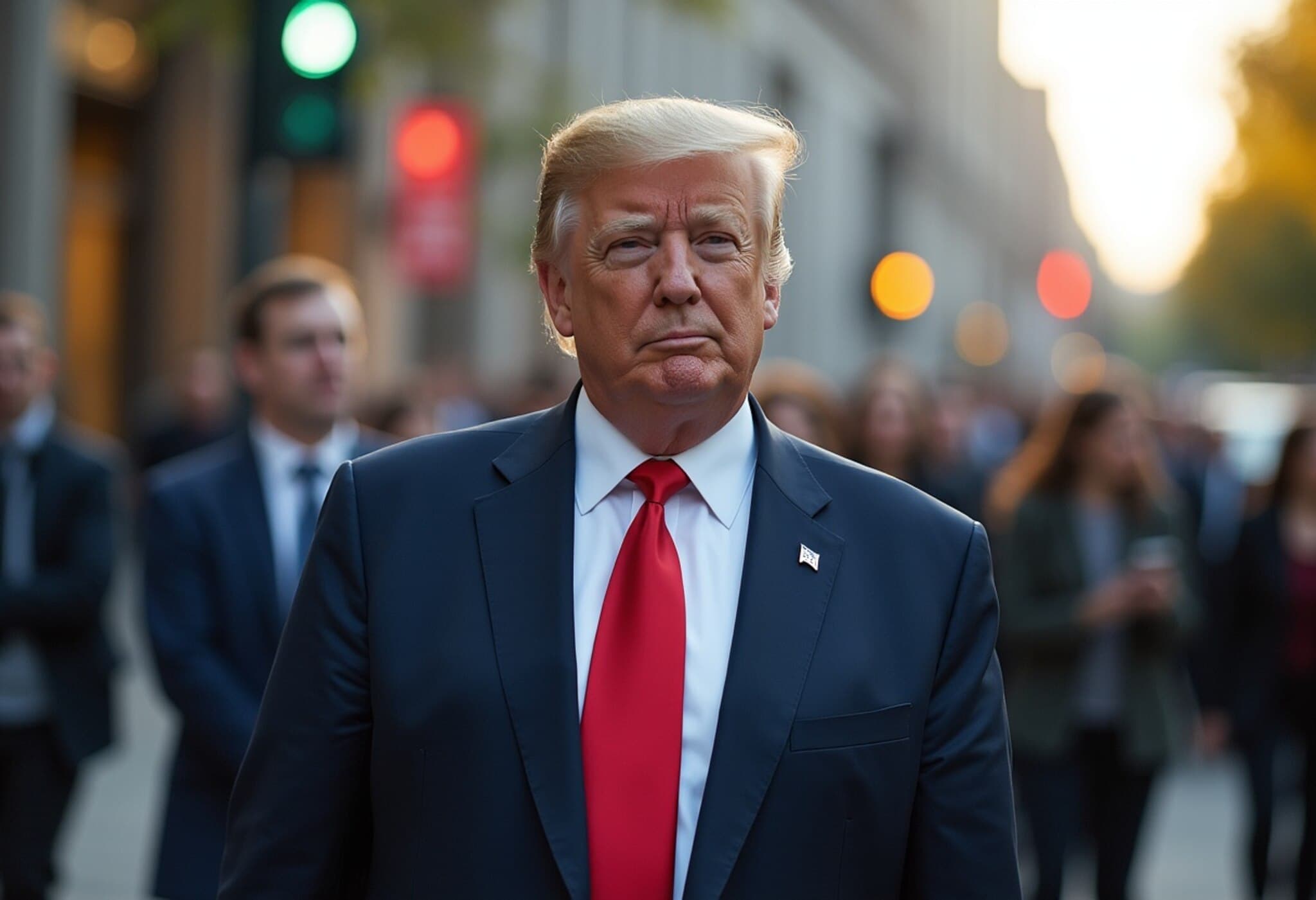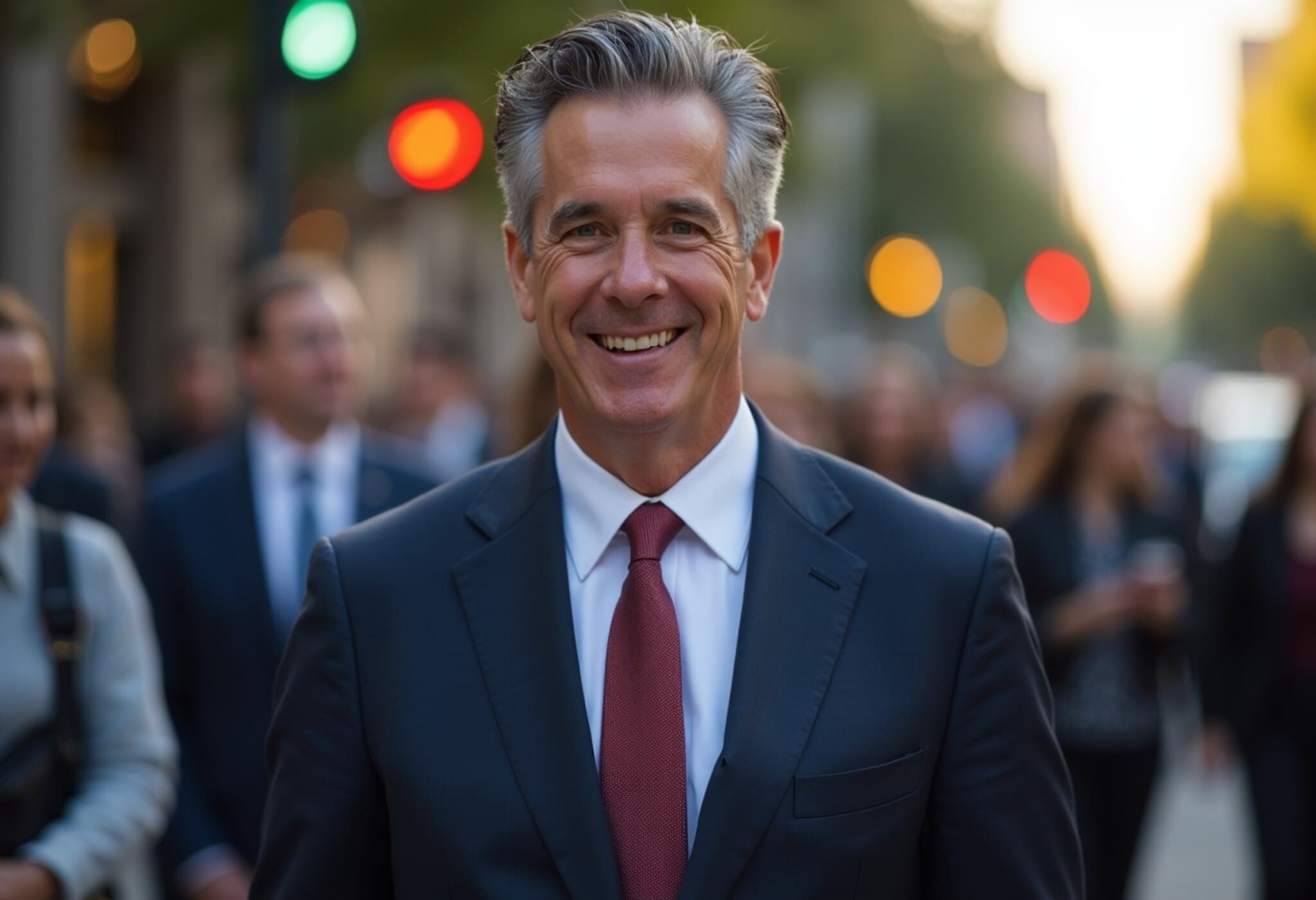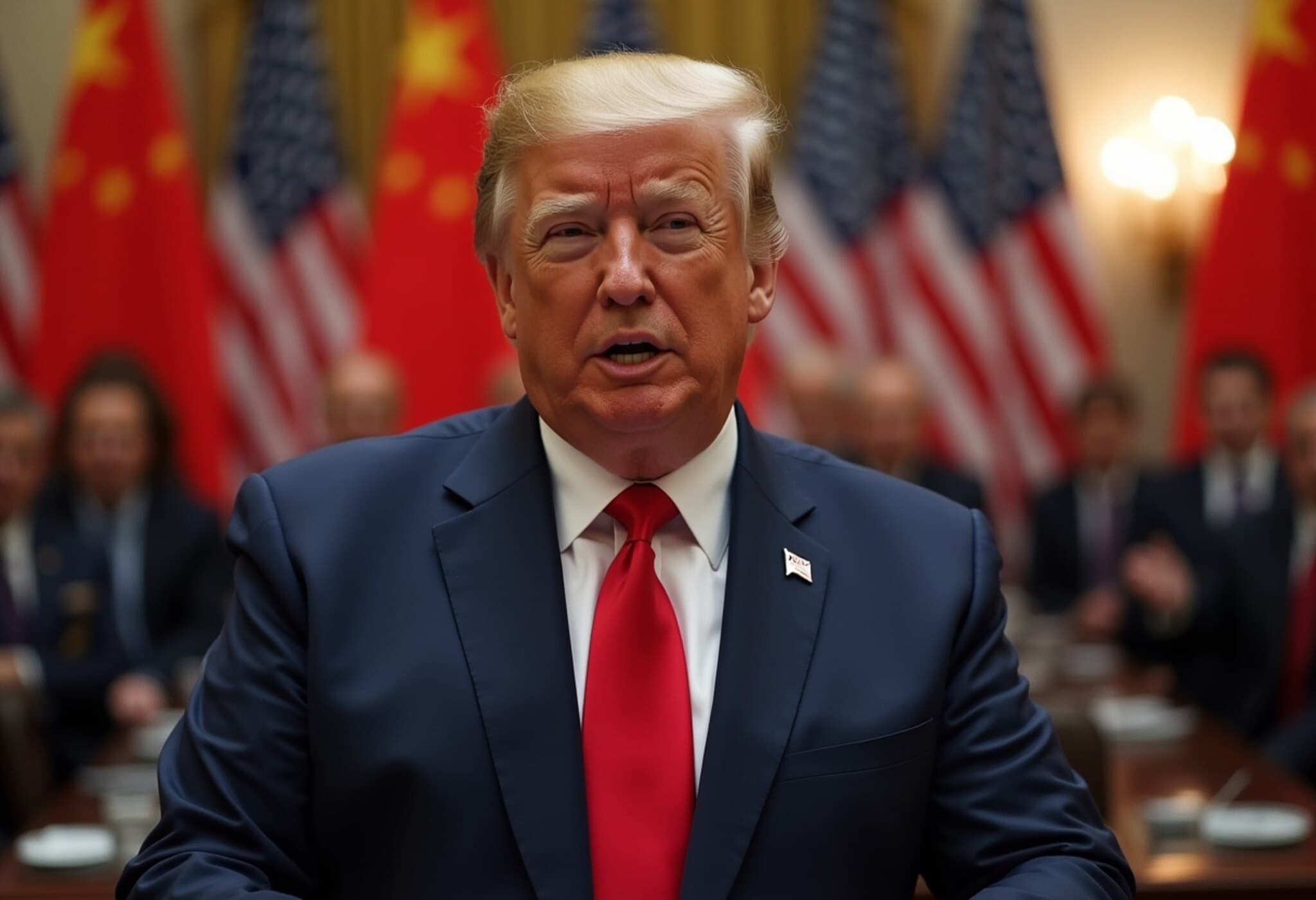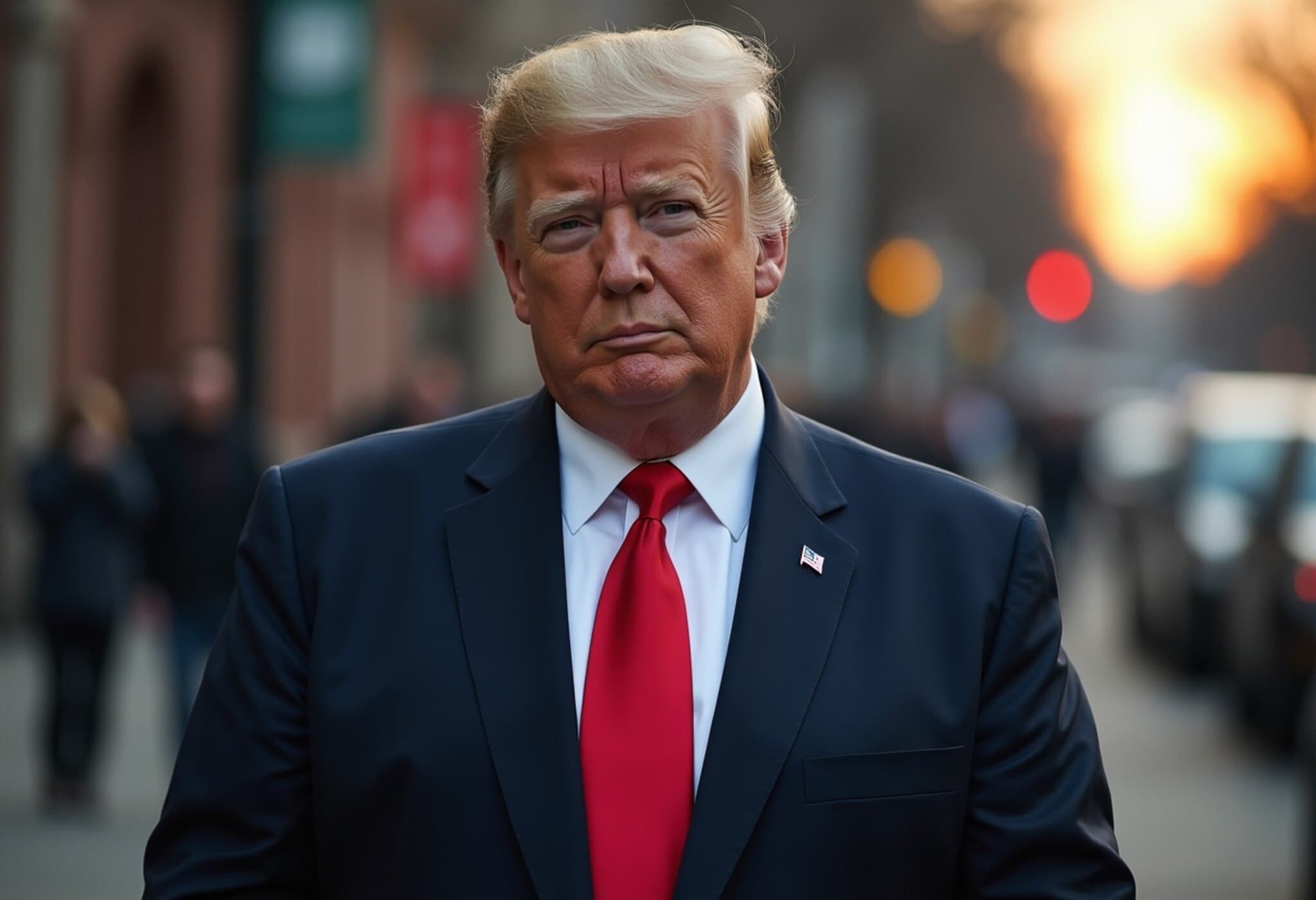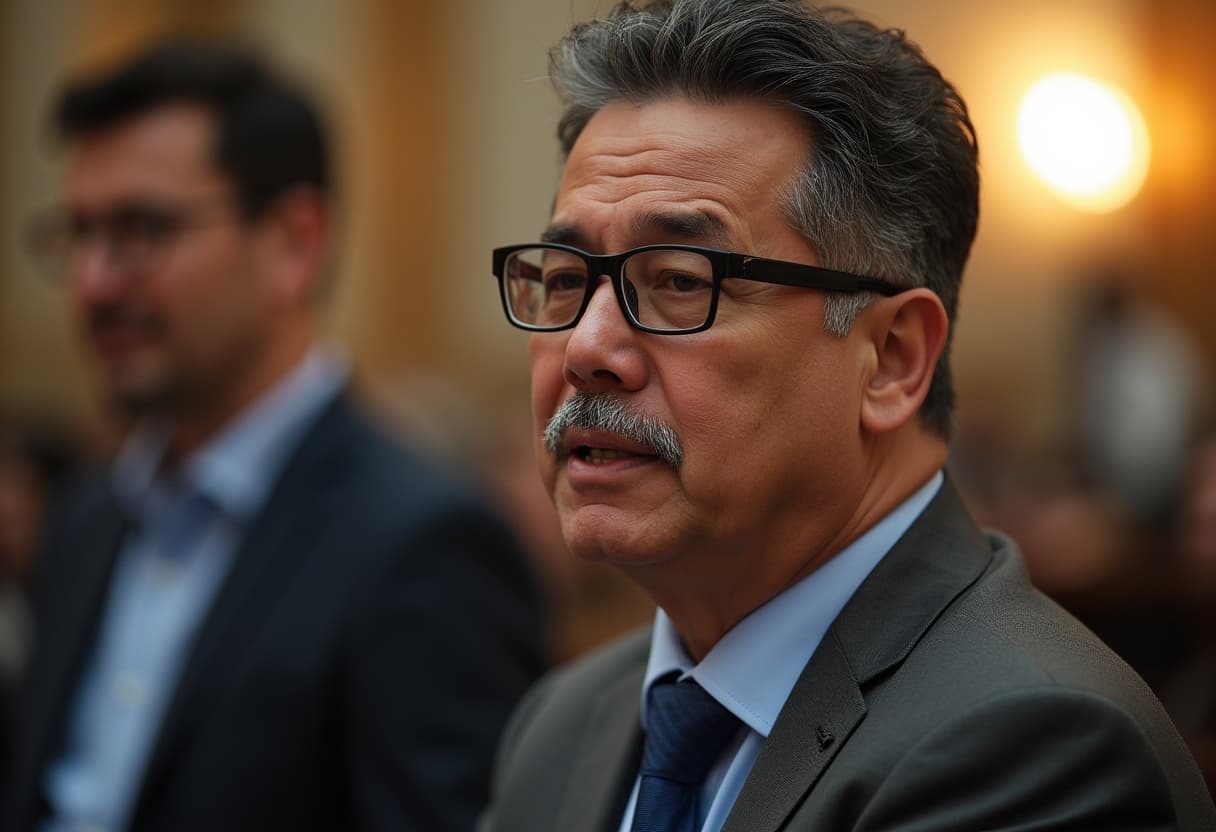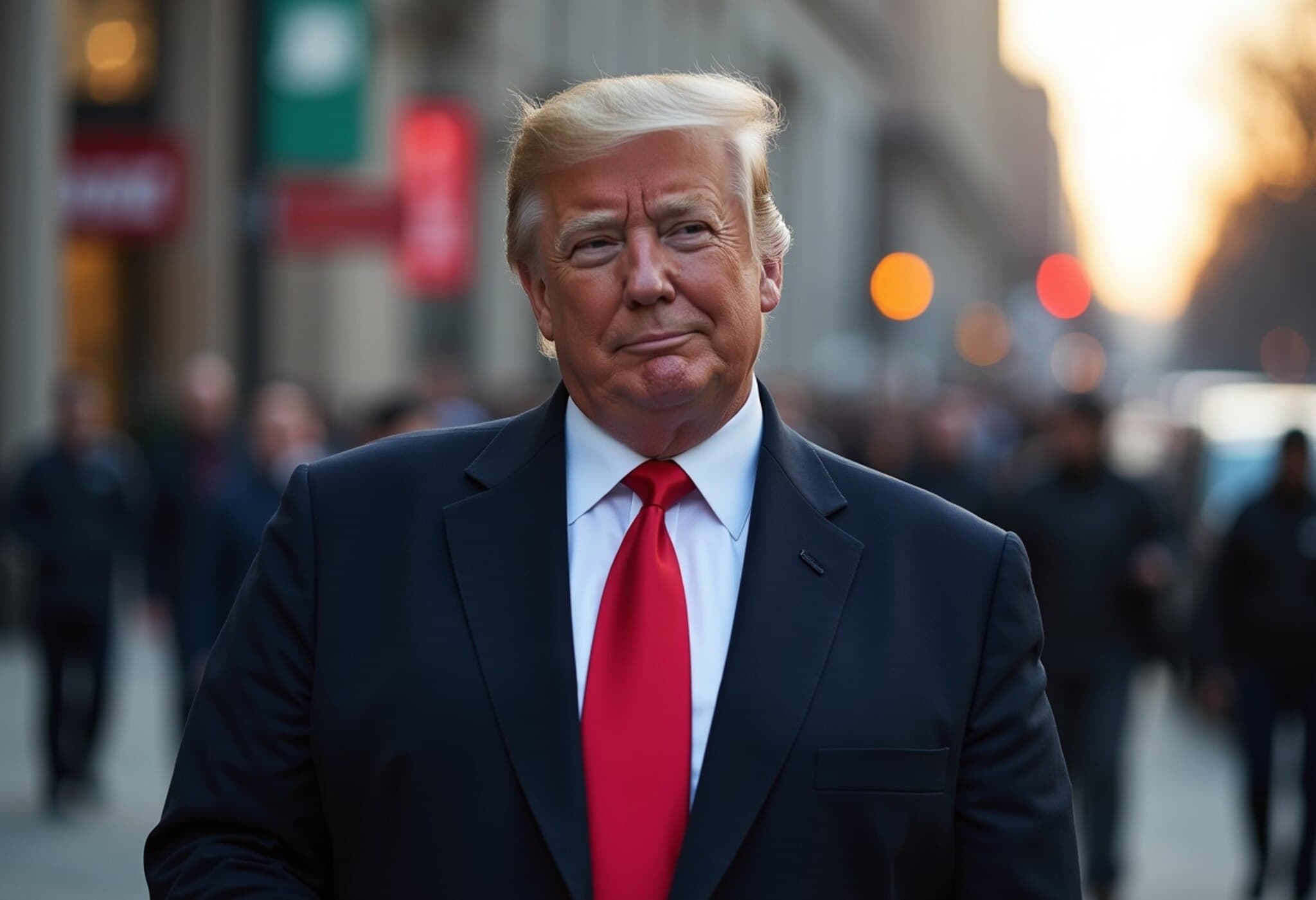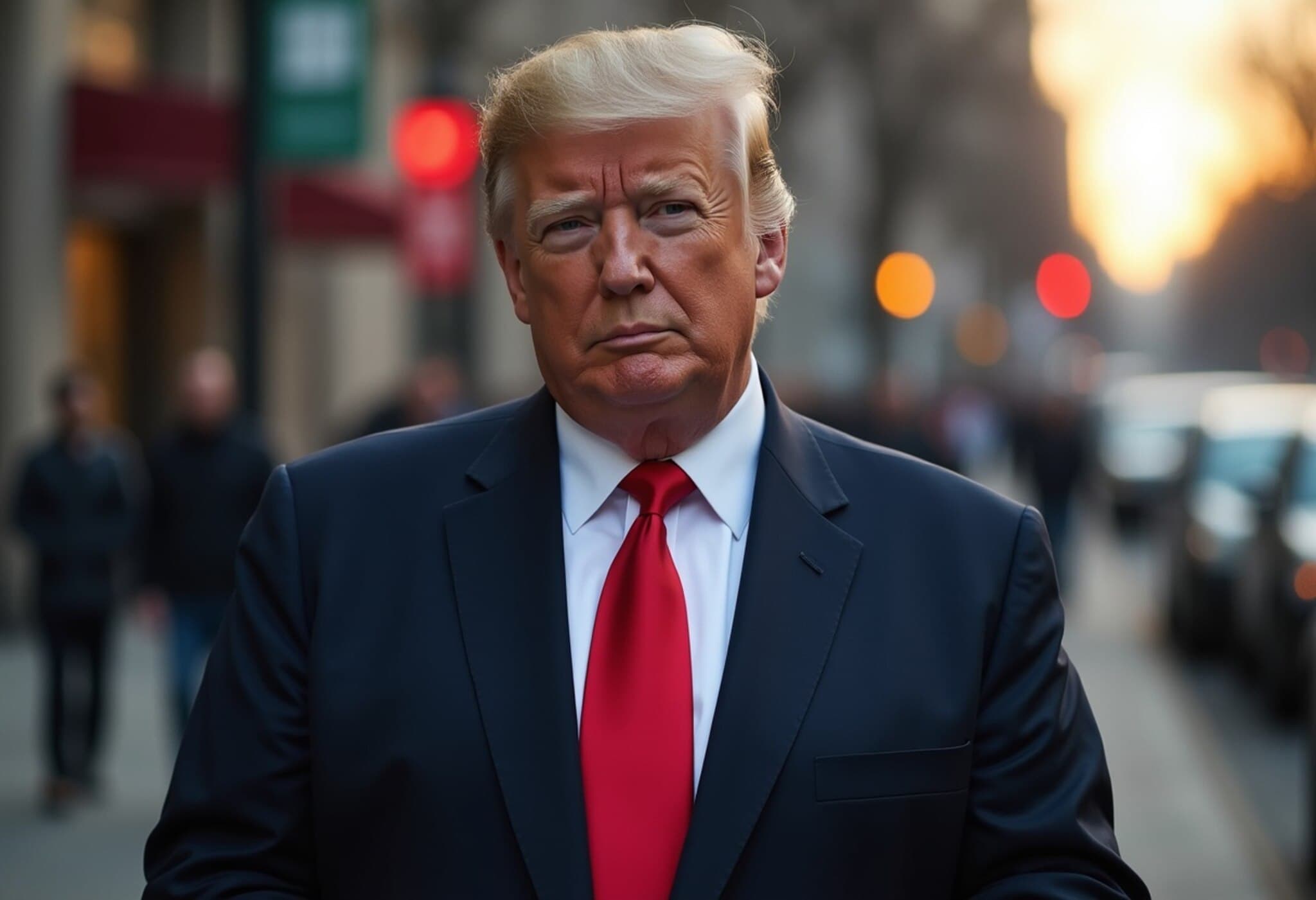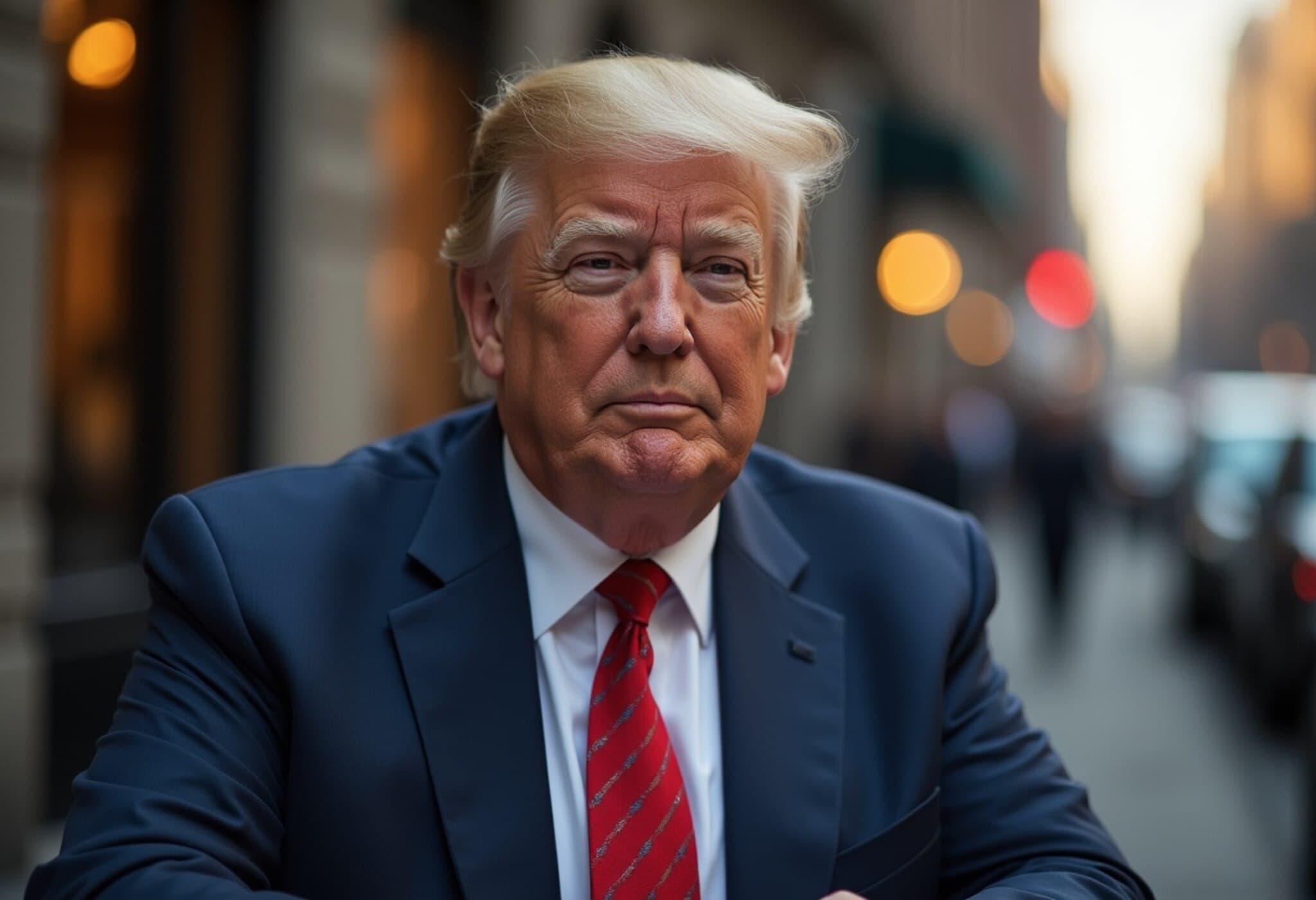Trump Emphasizes Importance of Chinese Students in U.S. Higher Education
In a notable departure from his previous stance, former U.S. President Donald Trump publicly affirmed on August 27, 2025, the vital role that Chinese and other international students play in keeping American colleges afloat. Speaking at the White House, Trump candidly acknowledged that without the influx of these foreign students, U.S. higher education institutions would face significant struggles, even describing the system as potentially going "to hell very quickly." This statement arrives amid ongoing tensions within his own political base, which has often pushed for stricter immigration and visa policies.
A Shift From Restrictive Policies to Pragmatism
Earlier in his administration, Trump had pursued aggressive measures aimed at curtailing Chinese student visas. This crackdown was part of broader trade and diplomatic pressures on Beijing. However, the latest remarks signal a pragmatic pivot towards accommodating up to 600,000 student visas for Chinese nationals, underscoring the economic and academic interdependency between the two countries.
Trump emphasized, "I hear so many stories that we’re not going to allow their students. We’re going to allow their students to come in. It’s very important, 600,000 students. It’s very important. But we’re going to get along with China." This nuanced approach aligns with ongoing trade negotiations seeking to ease tensions while leveraging educational exchanges as a diplomatic bridge.
Conservative Criticism and the 'America First' Dilemma
Despite this alignment with international cooperation, the announcement did not sit well with parts of Trump's conservative base, who view expanded foreign student access as contradictory to the "America First" doctrine. Some critics argue that expanding visas could disadvantage domestic students or open doors for intellectual property risks amid geopolitical rivalry.
Experts note, however, that international students contribute more than $45 billion annually to the U.S. economy through tuition, housing, and living expenses, while also enriching cultural perspectives on campuses nationwide. The loss of this demographic could ripple through local economies and academic research sectors.
Context Within Broader U.S.-China Relations
Trump’s comments come on the heels of heightened trade frictions, including threats of imposing 200% tariffs on Chinese rare earth magnets necessary for American industries. Amid this contentious backdrop, fostering educational ties represents a strategic effort to maintain open channels and collaboration beyond mere commerce.
During talks with South Korean President Lee Jae Myung, Trump indicated plans to visit China, emphasizing his belief in a "great relationship" with President Xi Jinping, further reflecting a complex but pragmatic foreign policy stance.
Expert Insight: The Role of International Students in U.S. Competitiveness
Educational policy analysts argue that the sustained flow of Chinese students is integral not just economically but also to U.S. innovation. Many STEM fields, critical to maintaining America's global technology leadership, rely heavily on international graduate students who contribute to research and development.
Restrictive visa policies risk undermining these advantages, potentially ceding ground to competitors like China in key industries. Thought leaders advocate for balanced immigration frameworks that safeguard national interests while promoting academic openness.
Looking Ahead: Navigating Between National Security and Academic Excellence
The tension between national security concerns and the undeniable benefits of international education remains a pivotal policy challenge. Trump's recent statements highlight an evolving awareness of this balance, reflecting broader debates within American politics about how to engage with China constructively.
Editor's Note
As the U.S. grapples with its complex relationship with China, the role of international students stands out as a microcosm of larger tensions. How Washington manages visa policies will not only impact universities and local economies but also shape the country's position in global innovation and diplomacy. This story invites readers to consider: Can America maintain its openness to global talent while safeguarding its strategic interests, or will the tug-of-war between national security and academic collaboration continue to deepen divisions domestically?

